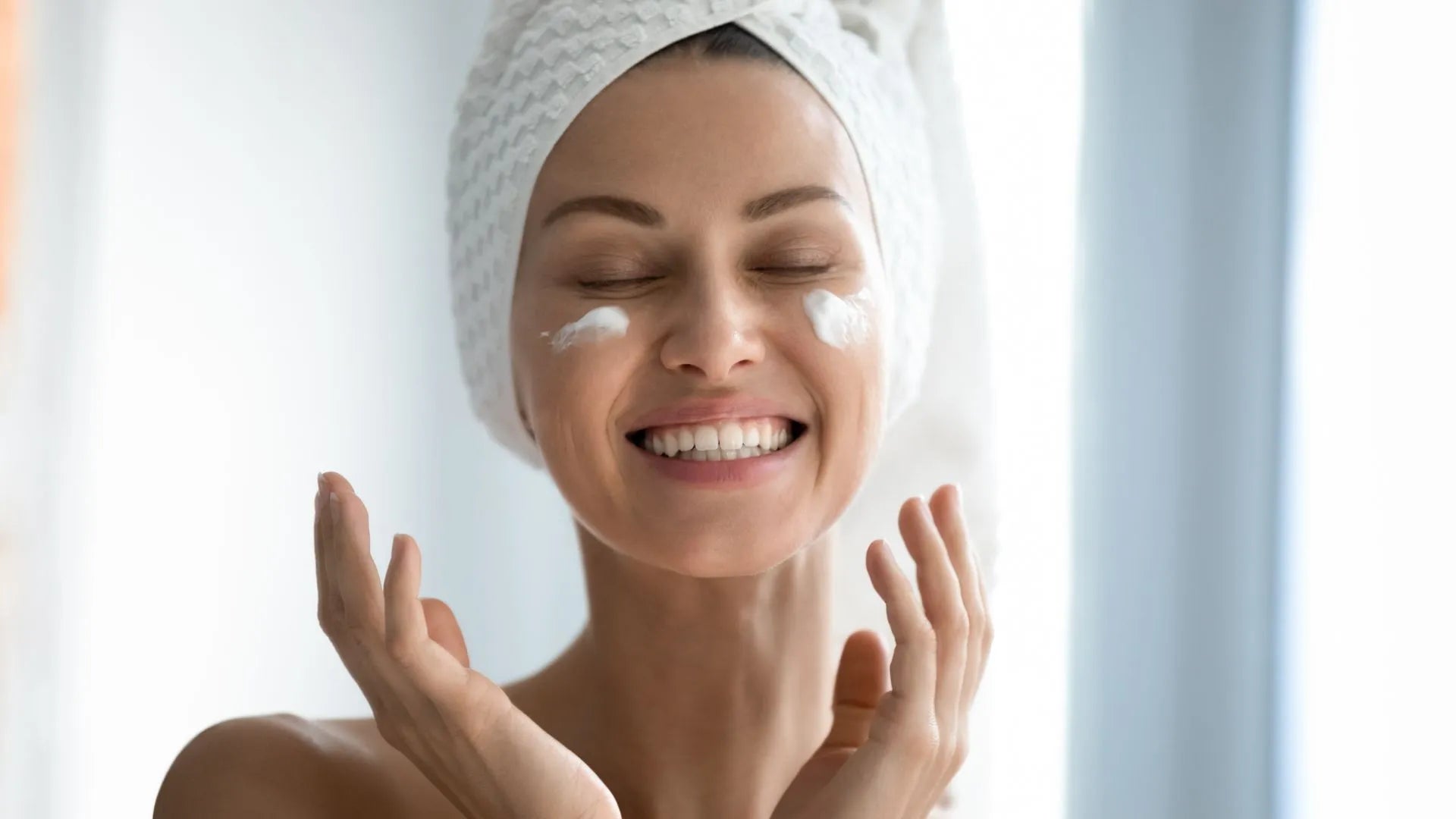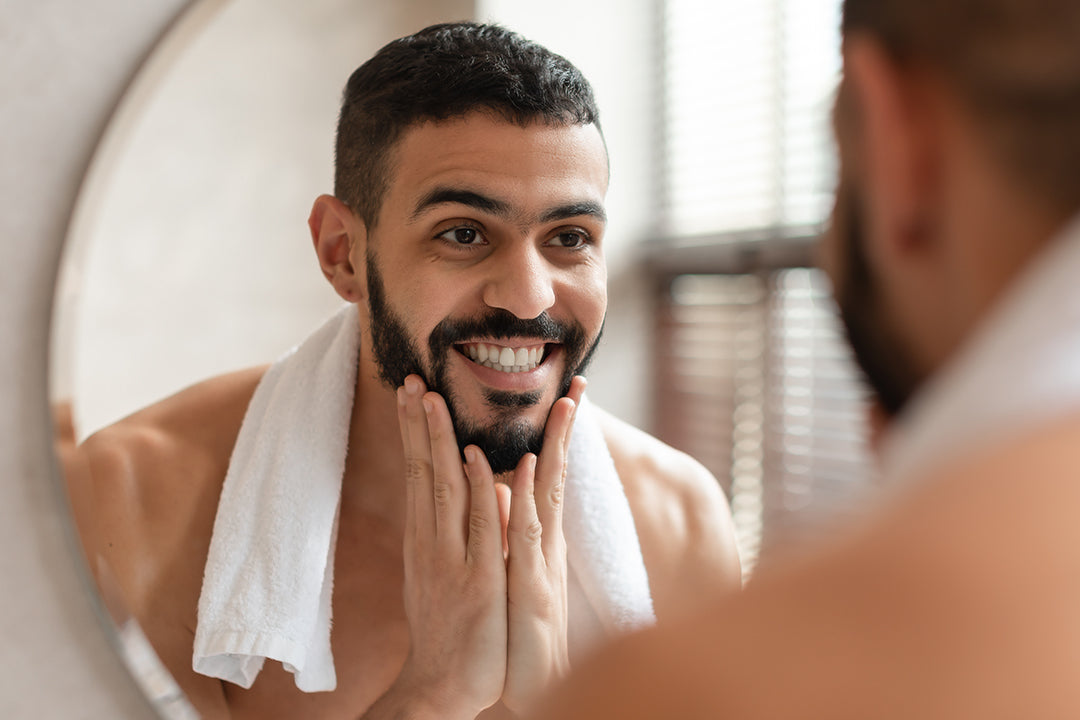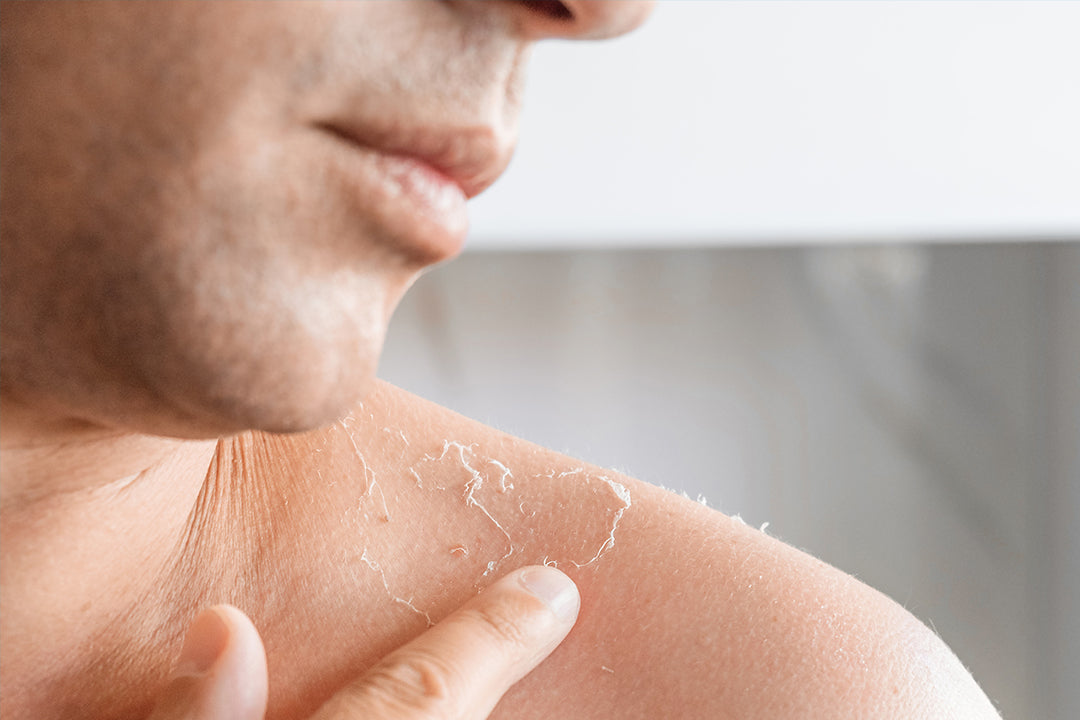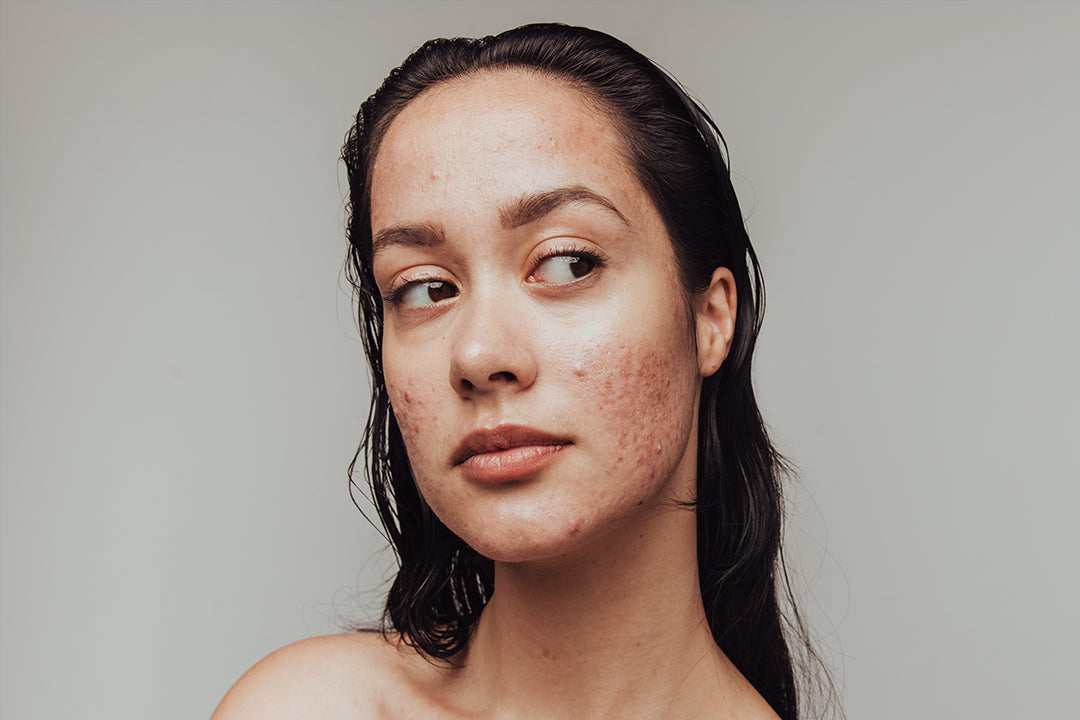Chinese face mapping, an ancient practice rooted in Chinese medicine, has gained popularity as a way to understand the underlying causes of acne breakouts. According to this method, specific areas of your face are believed to be connected to different organs in your body, and blemishes in these areas can indicate imbalances or issues in those organs.
Understanding Chinese Face Mapping
The concept of Chinese face mapping is based on the belief that our skin reflects our inner health. According to this theory, each area of the face is associated with a different organ or body system. By examining the location of pimples, redness, or dryness on your face, you can gain insights into the health of your internal organs.
The Zones of Chinese Face Mapping
Chinese face mapping divides the face into different zones, each corresponding to a specific organ or system. Here are some of the main zones and their associated areas:
- Zone 1 and 3: The forehead
- Zone 2: Between the eyebrows
- Zone 4 and 10: The ears
- Zone 5 and 9: The cheeks
- Zone 6 and 8: The eyes
- Zone 7: The nose
- Zone 12: The chin center
- Zone 12A: The upper lip
- Zone 11 and 13: The jawline
- Zone 14: The neck
Interpreting Acne Breakouts
According to Chinese face mapping, acne breakouts in specific zones can indicate imbalances or issues in the corresponding organs or systems. Here are some common interpretations:
- Forehead: Digestive problems or stress
- Temples: Gallbladder issues or stress
- Eyebrows: Liver problems or anger
- Eyes: Kidney issues or fatigue
- Nose: Heart problems or high blood pressure
- Cheeks: Lung issues or allergies
- Mouth: Stomach problems or hormonal imbalance
- Chin: Hormonal imbalance or digestive issues
The Takeaway
Chinese face mapping can be an interesting tool to gain insights into the potential underlying causes of acne breakouts. While it may not provide definitive answers, it can serve as a starting point for further exploration and discussion with a healthcare professional. Remember, everyone's skin is unique, and there is no one-size-fits-all solution for acne. If you're concerned about your skin health, it's always best to consult with a dermatologist or healthcare provider.









